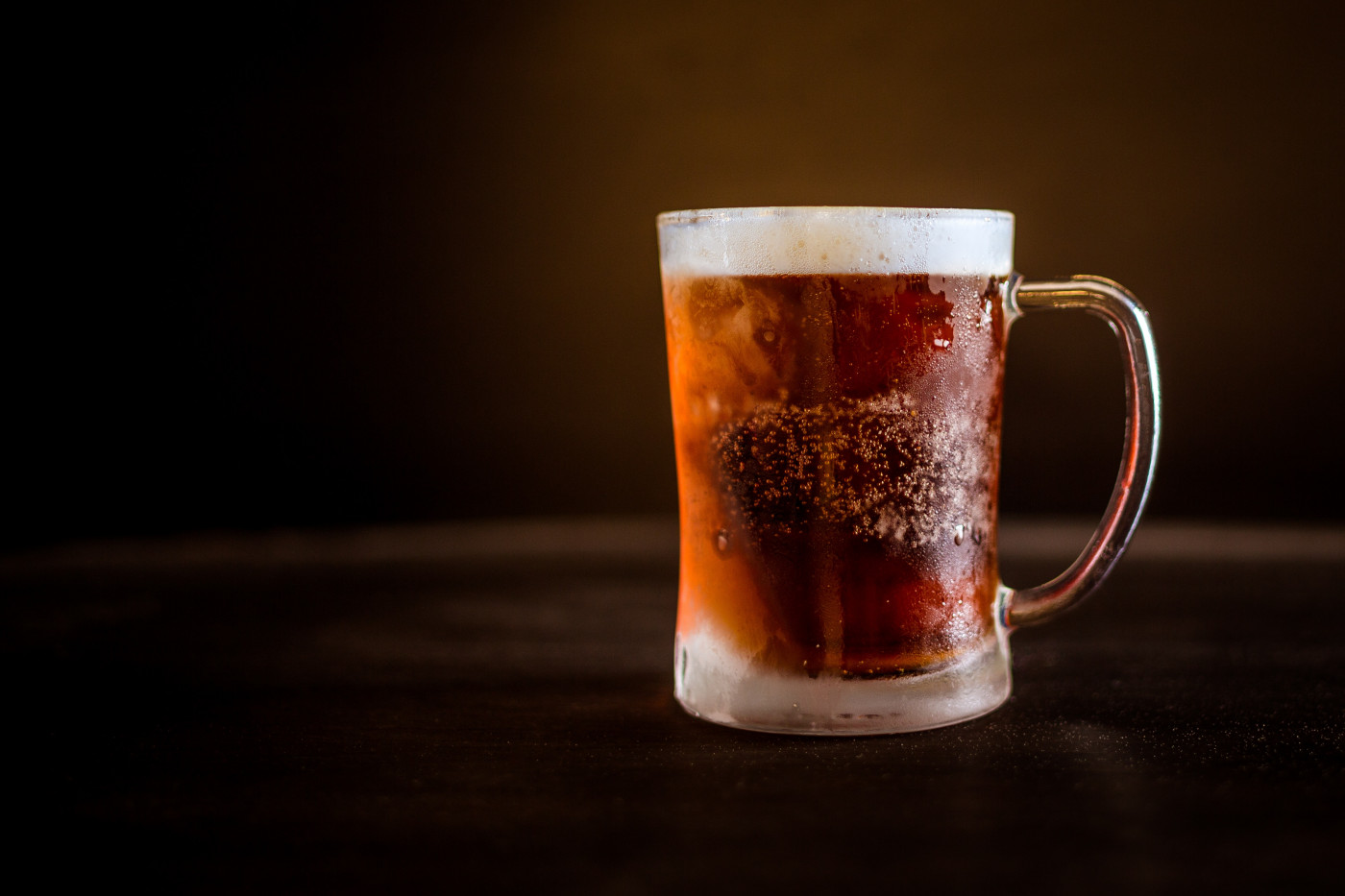Alcohol Consumption Hinders Brain’s Ability to Clear Amyloid Beta, Early Study Reports
Written by |

Drinking alcohol, especially in excess, may hinder the brain’s natural ability to clear itself of amyloid beta protein plaques, the underlying cause of Alzheimer’s disease, a study in rat cells implies.
“Our results … suggest that alcohol consumption may represent a risk factor for development of amyloid burden,” the researchers wrote.
Their study, “Transcriptome analysis of alcohol-treated microglia reveals downregulation of beta amyloid phagocytosis,” was published in the Journal of Neuroinflammation.
Previous research has suggested that alcohol consumption, specifically in its impact on the immune system and inflammation in the brain, could be a risk factor for Alzheimer’s disease.
Researchers at the University of Illinois, Chicago, found that alcohol affects the ability of microglial cells — immune cells of the central nervous system — to clear beta-amyloid from the brain.
The team exposed rat microglial cells for 24 hours either to alcohol, to pro-inflammatory cytokines — chemicals involved in immune responses— or to a mix of alcohol and cytokines. They then looked at changes in gene expression under each condition, along with the impact of alcohol exposure on the cells’ capacity to clear amyloid beta.
Exposure to alcohol alone changed the expression of 312 genes. Exposing these microglial cells to inflammatory stimulus alone altered the expression of 3,082 genes, while both alcohol and pro-inflammatory cytokine exposure affected how 3,552 genes were expressed. [Gene expression is the process by which information in a gene is synthesized to create a working product, like a protein.]
Changes in gene expression were, on average, about 16 percent “off” from normal — with some gene showing increased expression and other decreased. Changes ranged from a 50 percent decrease to a 72 percent increase compared to normal expression levels. A number of affected genes were involved in both inflammation and phagocytosis (the process by which a cell engulfs and ingests bacteria, particles, foreign matter, etc.).
“Among the genes we saw altered were many involved in phagocytosis, which is the first time this has been shown,” Douglas Feinstein, professor of anesthesiology in the University of Illinois at Chicago College of Medicine said in a press release.
Exposure to alcohol at levels comparable to those found in excessive or heavy drinkers reduced microglial phagocytosis — cells’ ability to ingest amyloid beta protein — by 16% in only 45 minutes, the study found.
“Our results define alterations that occur to microglial gene expression following alcohol exposure and suggest that alcohol effects on phagocytosis could contribute to the development of Alzheimer’s disease,” the researchers wrote.
“While these studies were performed in isolated cells, our results suggest that alcohol impedes the ability of microglia to keep the brain clear of amyloid beta and may contribute to the development of Alzheimer’s disease,” Feinstein added.





